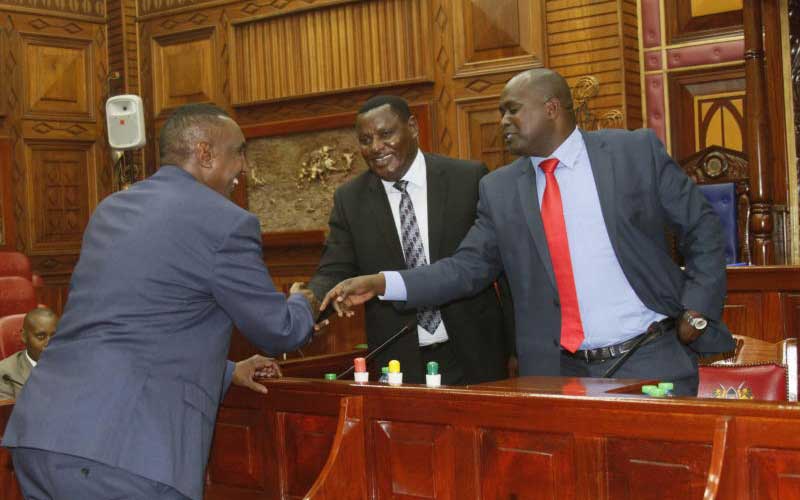×
The Standard e-Paper
Kenya’s Boldest Voice

New ambassadorial nominees are set to be vetted by parliament. These include Kariuki Mugwe, Peter Katana Ngore, Michael Mubea, Flora Karugu, Mwende Mwinzi, Diana Kiambuthi and Njambi Kinyungu.
Parliament’s approval, in keeping with the law, is necessary before the nominees are given a clean bill of health and sent to their new duty stations. Yet prior to parliamentary vetting, public views on the nominees must also be sought.